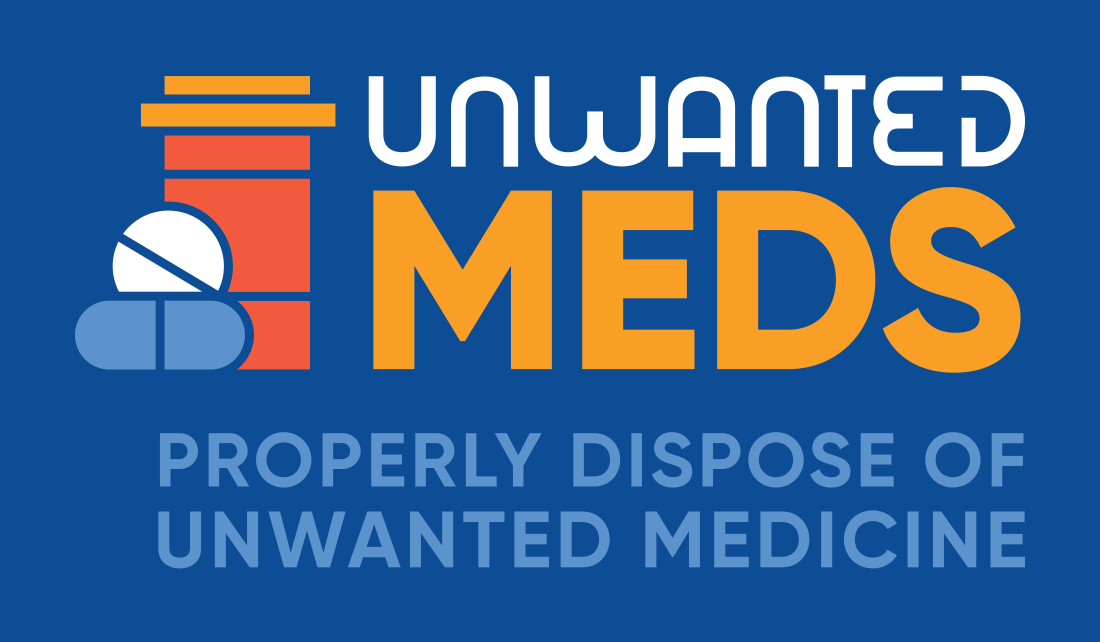
Each year, unused and expired medications quietly pile up in households across the country. Too often, they’re tossed in the trash or flushed down the toilet. And while this may seem like an easy and harmless solution, improper disposal of prescription and over-the-counter medicine pose major threats to public safety and the environment.
To help make safer choices easier, Illinois-Indiana Sea Grant has relaunched UnwantedMeds.org, a user-friendly website dedicated to the safe disposal of unwanted medicine.
“Disposing of unwanted medicine properly is easy,” said Sarah Zack, Great Lakes contaminants specialist with Illinois-Indiana Sea Grant. “You can go to your local pharmacy, law enforcement office or just enter your ZIP code on the website to find a nearby drop-off site.”
Improperly disposed medications have been detected in drinking water, rivers, streams, lakes, and even the ocean. These pharmaceutical pollutants enter the environment through multiple pathways.
For one, flushing medicine sends active ingredients directly into wastewater systems, where they can bypass treatment and flow into surface water. When medicine goes in the trash, it ends up in landfills, where it can slowly break down over time and begin leaching into groundwater. Once there, even trace amounts of these chemicals can affect fish and aquatic life, disrupting hormones, altering behaviors and degrading ecosystems.
And it’s not just prescription or over-the-counter medications that create health hazards. Personal care products like soap, shampoos, or hair treatments can contain chemicals are classified as endocrine disruptors, which have the potential to cause problems in the nervous and reproductive systems.
“Proper disposal protects both environmental health and public health,” Zack said. “It helps keep our water clean, protects wildlife and prevents children and pets from accidental poisoning. So, when you properly dispose of your medicine, you are protecting a really wide range of things.”
The new UnwantedMeds.org now serves as a comprehensive information hub and educational tool for anyone interested in proper medication disposal. It explains how some disposal practices can impact the environment and provides science-based guidance on how to avoid those risks. Key features of the site include:
- An interactive disposal site map connected to the DEA national database, helping users find drop-off programs close to home.
- Step-by-step disposal instructions, including what to do if no program is available nearby.
- Background on the environmental pathways that medicines take after being flushed or trashed—and the documented effects on aquatic life and drinking water.
- Details for pet owners and livestock farmers, offering veterinary-specific guidance.
- Resources for educators and community groups, including publications, posters and outreach tools.
Originally launched in 2011, the site quickly became a trusted source, drawing millions of views. The updated version streamlines guidance, reflects today’s broader access to take-back programs (now available at many CVS and Walgreens locations), and addresses growing public concern over pharmaceutical pollution.
“This site pulls together resources that used to be scattered or difficult to find,” said Zack. “Now, whether you’re an individual trying to do the right thing or a community group starting a program, the information is all in one place.”

